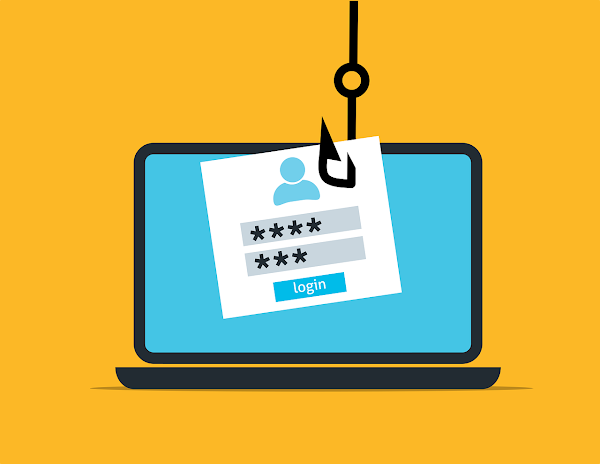A security report on LockBit, a ransomware gang that reportedly published a new variant, has been issued by The Health Sector Cybersecurity Coordination Center. The cybercriminals were behind the highly reported cyberattack on Accenture this summer, wherein the corporation was supposedly threatened with a ransom demand of $50 million.
LockBit ransomware is a malicious program that prevents users from accessing their computers in return for a ransom demand. LockBit will automatically scan a network seeking valuable targets, spread the virus, and lock all computers that are accessible. This ransomware is employed in very specific cyberattacks against businesses and other organizations.
LockBit was introduced in September 2019 and began advertising its "ransomware as a service" affiliate scheme in January 2020, according to HC3.
In May 2020, it began collaborating with Maze, another ransomware organization, and in September of the same year, it debuted its very own leak site. LockBit v2.0 was released in June of this year. Furthermore, according to HC3, it employs a two-pronged extortion scheme involving the StealBit malware. It has improved encryption and circumvents user account control methods.
"Threat actors continue to view unpatched systems as an easy, if not preferred, method of intrusion," wrote officials from the cybersecurity arm of the U.S. Department of Health and Human Services in its brief.
It moreover relaunched its affiliate program, wherein affiliates determine the ransom, then choose a payment system, and receive the majority of the money before actually paying the organization. Armenia, Azerbaijan, Belarus, Kazakhstan, Kyrgyzstan, Moldova, Russia, Tajikistan, and Uzbekistan are among the Commonwealth of Independent States countries where the program does not function.
Based on an interview with a LockBit ransomware operator, the organization concluded that the malicious actors looked to have a "contradictory code of ethics."
According to HC3, healthcare facilities are ideal targets, but the LockBit affiliate showed "a strong disdain for those who attack healthcare entities while displaying conflicting evidence about whether he targets them himself."
"The U.S. also has lucrative targets, but with data privacy laws requiring victim companies to report all breaches, the incentive for such entities to pay the ransom is likely somewhat reduced," said HC3.
"Cybercriminals are avid consumers of security news and remain up to date on the latest research and vulnerabilities, weaponizing that information to use in future attacks," it wrote.
Threat advisories on various ransomware organizations, including BlackMatter, Conti, and Hive, have recently been published by the federal government. The alerts, however, haven't stopped the flood of ransomware news. Hive hacked a Missouri health center earlier this month and published patient names, Social Security numbers, and medical information on its blog.









